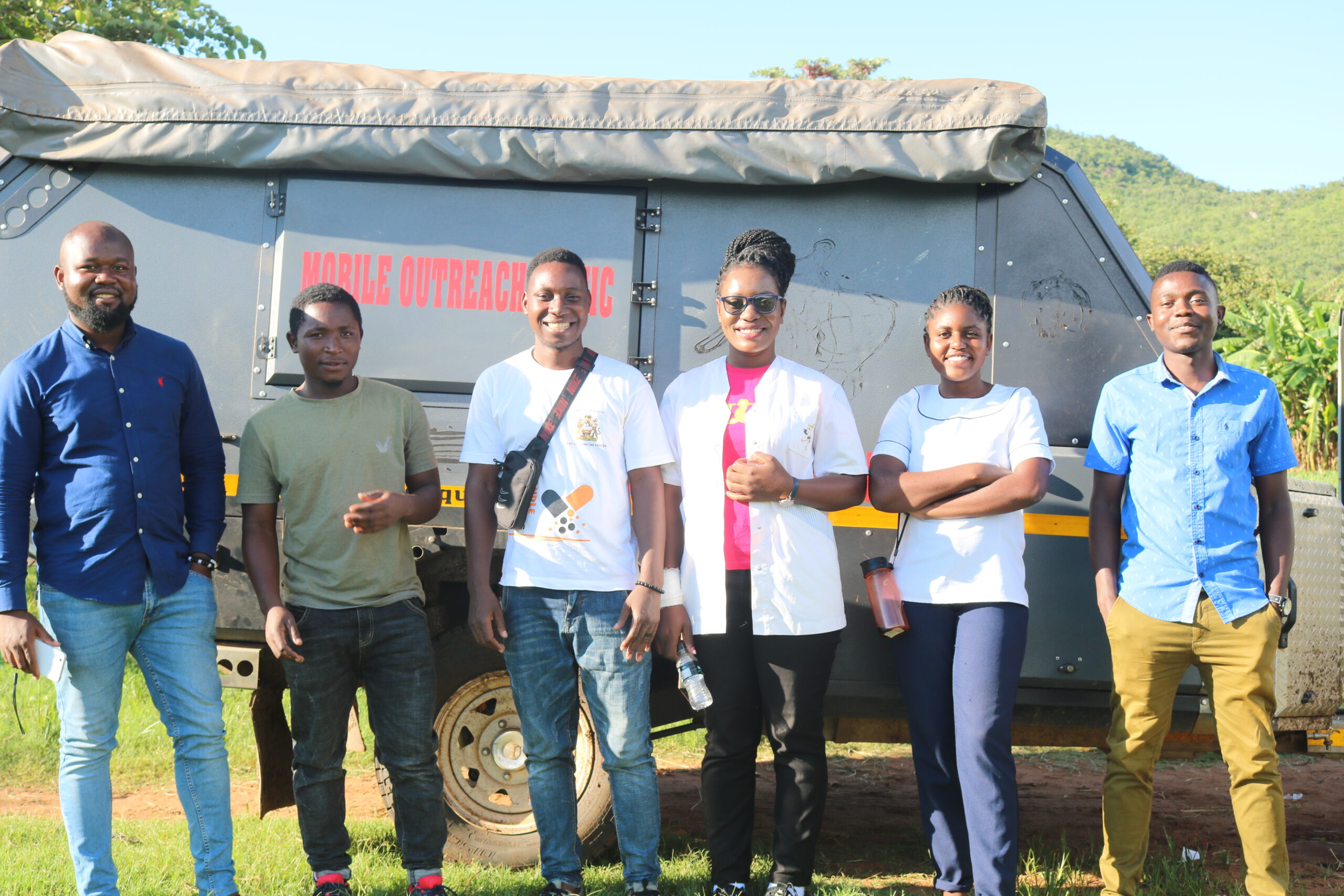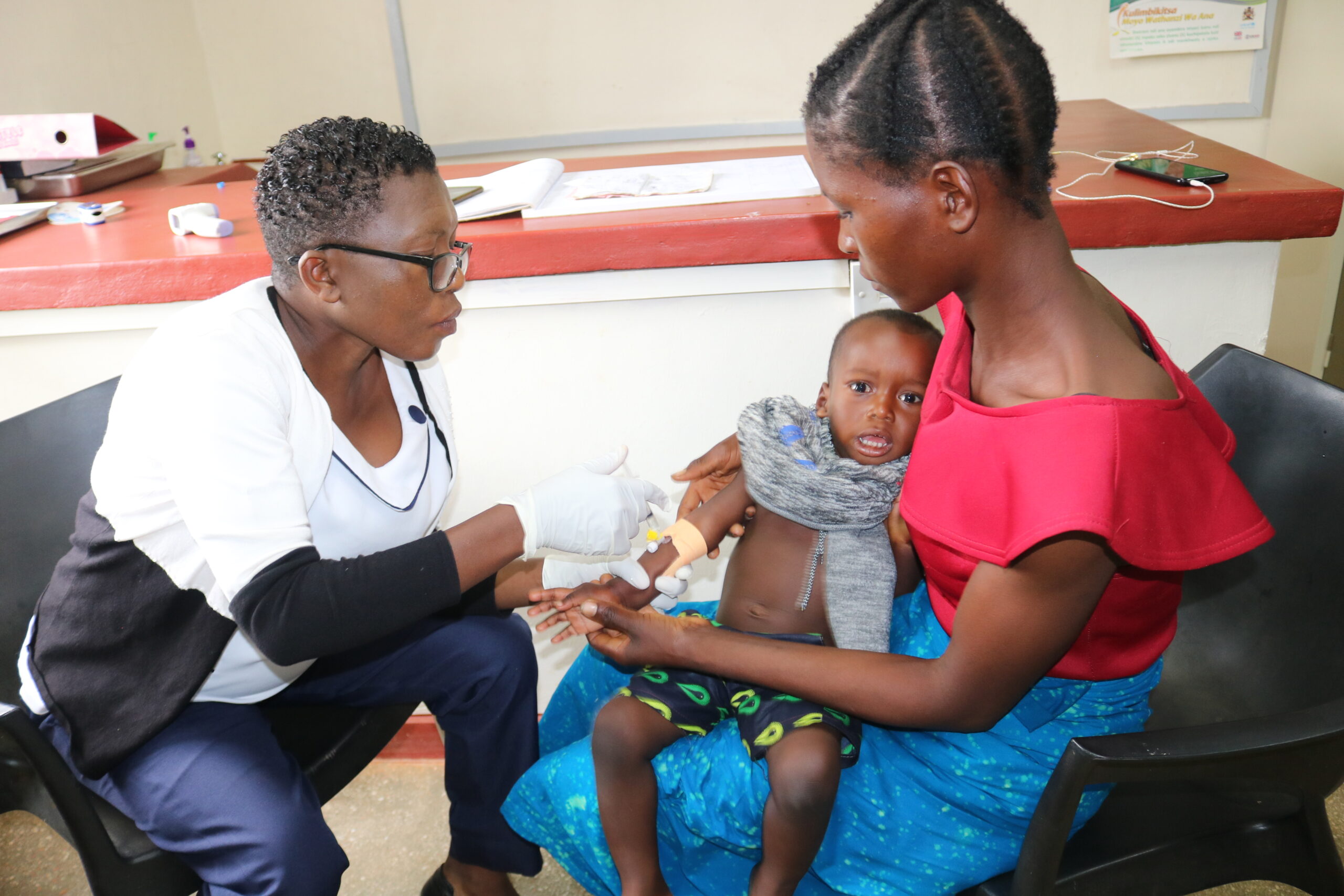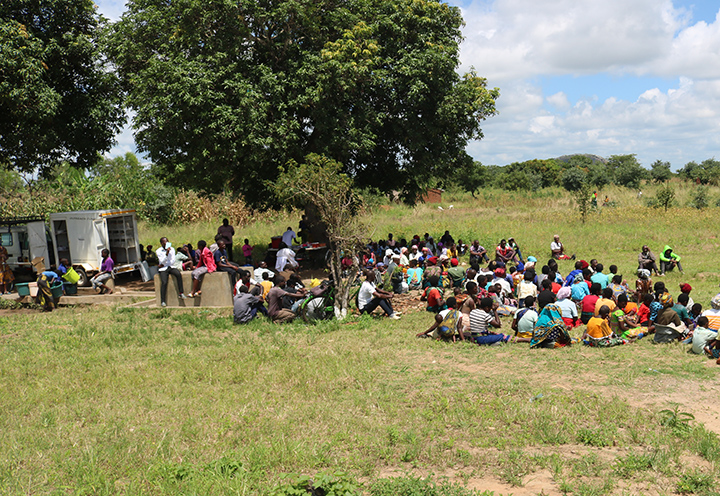Malaria in Rural Malawi: Beatrice’s Story
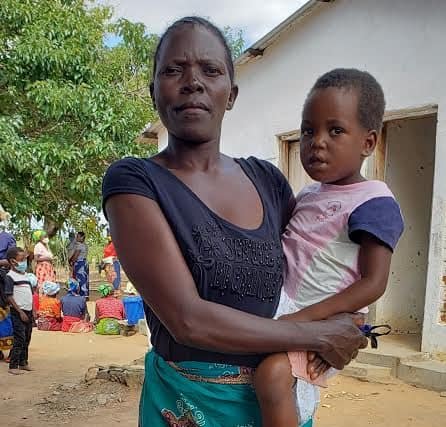
the necessity of mobile medicine
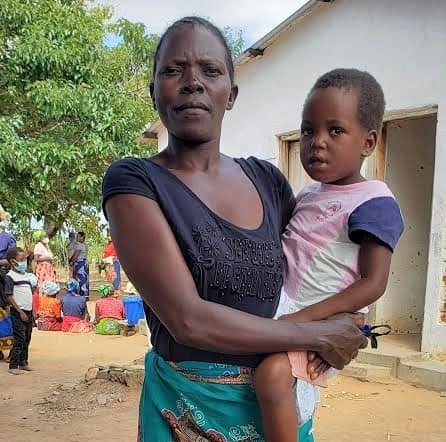
Imagine the sickest you’ve ever been. You have a fever. You can’t stop shivering. Standing up makes you dizzy and nauseous. Your head is pounding, your muscles are aching, and your skin is pale. You need to see a doctor. Then imagine you don’t have a car. No public transportation. Not even a bike. The closest healthcare facility is two hours away by foot. Even if you can muster the energy for the trek, you can’t guarantee that the clinic will have the medicine you need. What do you do?
This is a real scenario for many people in rural Malawi, including Beatrice Chazuka.
In January, Orant’s Mobile Outreach Clinic arrived at Nkhanga, a rural village. Typically, patients line up to receive services one at a time. But one patient was too sick to stand, opting instead to lie on a cloth while waiting for treatment.
“Children are fond of lying down, but it’s rare to find an adult lying down,” says lead clinician George Matapandeu. “It means she was overcome with the sickness.”
Beatrice had been sick for 7 days prior to the Mobile Clinic’s arrival. Orant was her only hope.
A clinician pricked Beatrice’s finger to test for malaria. Sure enough, the test was positive.
Malaria is a serious disease caused by a parasite and spread by mosquitoes. It is all too common in Malawi. In 2020, Orant treated 14,453 cases. Thus far in 2021, 5,665. If left untreated, malaria can result in a slew of medical problems. Just to name a few: anemia, mental confusion, jaundice, seizures, comas. In the worst case scenarios, malaria can lead to death.
Beatrice’s case was extreme. Orant’s clinicians prescribed antimalarial drugs. Pharmacists filled Beatrice’s prescription on site, giving her explicit directions on dose and frequency.
In May, George was happy to see Beatrice again. She was looking well and healthy, visiting the clinic to care for her sick child. She expressed gratitude for Orant’s support.
“Our staff is committed to help the community in hard to reach areas,” George says.
Orant’s clinics pride themselves in maintaining stock of quality medicine all year long. The Mobile Clinic travels to remote villages to treat patients in the exact predicament as Beatrice. With Orant, people have access to medical care who otherwise wouldn’t.


